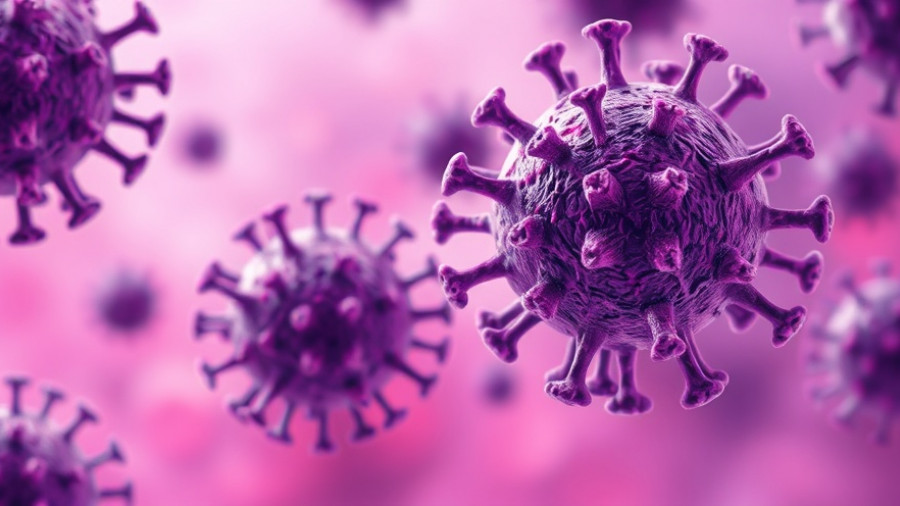
Unlocking the Connection: Shingles Vaccination and Health Risks
With recent research highlighting the surprising benefits of shingles vaccination, adults aged 50 and above may find new motivation to protect themselves against the varicella-zoster virus. A comprehensive study has revealed that receiving the shingles vaccine can significantly reduce the risks of serious health complications, including vascular dementia, heart attacks, strokes, and even death.
Understanding the Risks of Shingles
Shingles, or herpes zoster, is often dismissed as a mere skin rash. However, data now indicate that this viral infection can increase the risk of major adverse cardiovascular events (MACE)—by about 25% in those who contract the virus, according to Ali Dehghani, DO, a researcher at Case Western Reserve University. In a study of over 174,000 individuals, those who suffered from shingles were found to face a 20% higher likelihood of heart attacks and a staggering 27% greater chance of experiencing a stroke.
The Incredible Benefits of Vaccination
Vaccination has been shown to flip these alarming statistics on their head. The same study reported that among vaccinated individuals who later developed shingles, there was a remarkable 50% reduction in the risk of vascular dementia. Furthermore, those vaccinated exhibited a 25% lower chance of heart attacks and a 27% lower incidence of blood clots. This underscores the vaccine's role not just in preventing shingles, but in safeguarding overall cardiovascular health.
A Calm After the Storm: How the Vaccine Works
Dr. Dehghani stated that shingles infection can trigger prolonged inflammation within the body, elevating the risk of later cardiovascular events. This lingering inflammation might not only affect blood vessels but also set the stage for neurological challenges like dementia. The vaccine effectively quells this inflammatory response, providing protection that can last for years, even if a shingles infection occurs later.
Broader Implications for Public Health
These findings not only contribute to a growing body of evidence suggesting that shingles vaccination plays a key role in reducing health risks but also emphasize the need for increased awareness among older adults about the vaccine's benefits. Additional studies, including one from Wales showing a 20% reduced risk for new dementia diagnoses over seven years, further strengthen the argument for vaccination.
What Should You Do?
For those aged 50 and older, discussing shingles vaccination with healthcare providers should be prioritized. Protecting against shingles could also mean safeguarding against the darker consequences of aging such as dementia and cardiovascular diseases. Understanding the profound impact of shingles on overall health can empower individuals to make informed choices about their health care.
Conclusion: A Simple Step, A Significant Impact
The shingles vaccine represents a small yet significant step toward better health for older adults. With the potential to dramatically decrease the risks of severe complications, it highlights the importance of proactive health measures. As we continue to understand these links between vaccination and health outcomes, let us advocate for awareness and inoculation to enhance our quality of life as we age.
 Add Row
Add Row 

 Add
Add 


Write A Comment